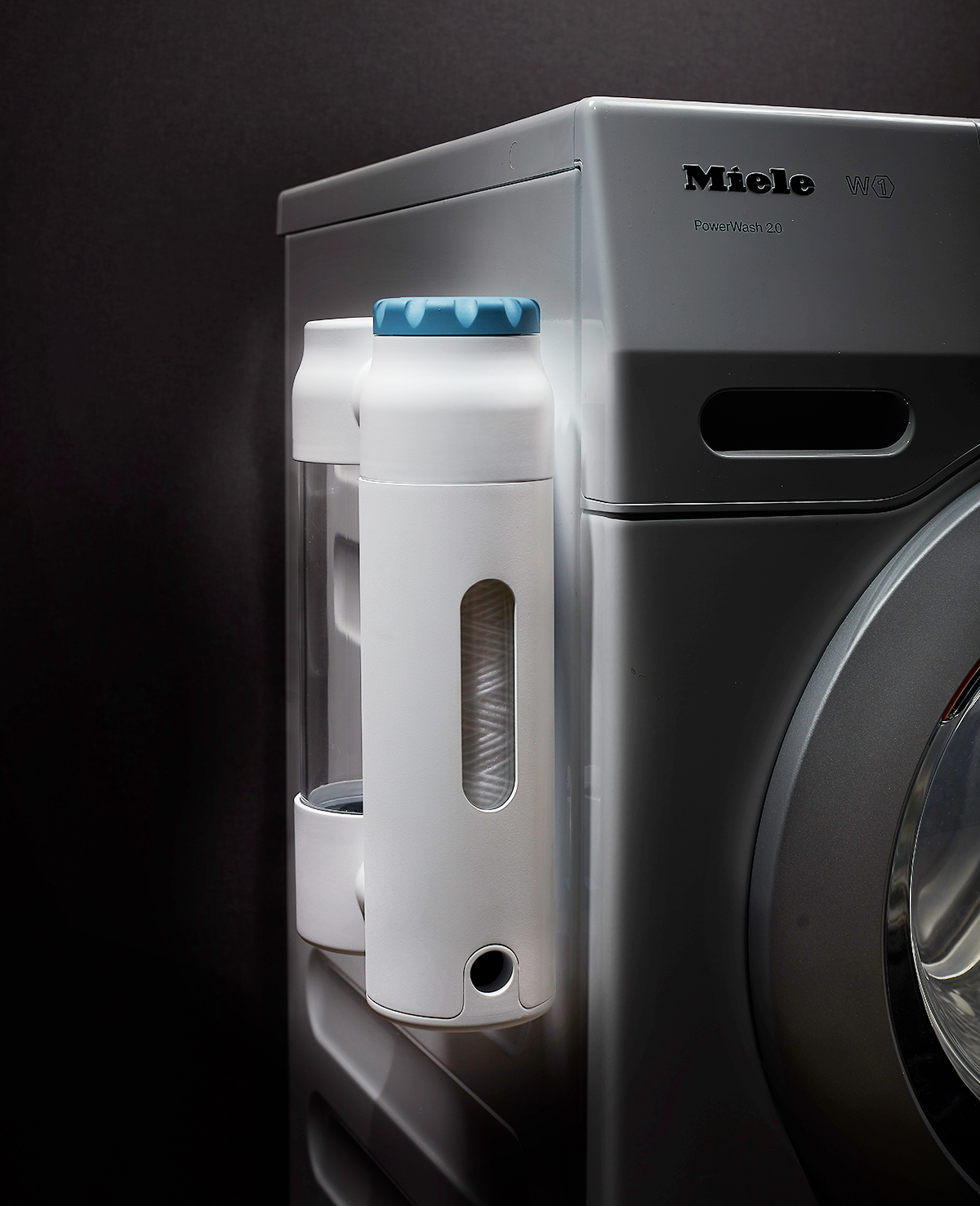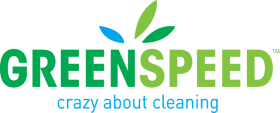
Greenspeed supports development of an IoT microplastics filter to keep seawater clean.
25/08/2021 - Floor Loos
Microplastics flood our oceans and can be ingested by marine animals. This also impacts human health, as the microplastics pass through the food chain until they reach us. Sound tasty to you? We prefer our food plastic-free.
Many of these plastic particles are released when we wash synthetic fibres, such as fleece clothing. The Dutch design agency MarcelvangalenDesign has therefore come up with a microplastics filter for your washing machine, to collect the tiny plastic particles during the laundering process. Greenspeed is adding its support to enable this initiative to be rolled out on a grand scale. The collaboration is truly a great fit for Greenspeed. After all, Greenspeed focuses on protection of the environment and human health.
No matter the size of the wash, the consequences are large
More than half of all our clothing contains plastic. Synthetic fibres in textiles, such as polyester and nylon or polyamide, are the biggest culprits. Each time you wash your clothes, ten to twenty million microplastics are discharged into the surface water. These tiny plastic particles are an urgent problem, as studies have already shown that they are present in our daily food, allowing them to make their way into our bodies.
Don't give microplastics a chance
A microplastics filter can trap up to 90% of microfibres. The design agency also intends to develop a smart application with features such as a sensor to indicate when the filter is full. This means the filter can communicate with users or water authorities. The ultimate goal is to allow consumers to benefit from lower water rates if they can demonstrate constant use of the filter.
Greenspeed opts for a collective approach
The knowledge that the textile industry is a major source of pollution is nothing new. Greenspeed microfibre cloths are produced ecologically and use less water during production and for cleaning. However, as a supplier of microfibre cloths and mops, the company does put synthetic textiles on the market. By supporting this project of MarcelvangalenDesign, Greenspeed can contribute actively to a solution. It also serves to demonstrate Greenspeed's encouragement of innovation for ecosystem restoration.
 Lies Marijnissen (Product & Sustainability Manager): "At Greenspeed, we consciously consider the impact of our products and ways to continue improving. In the short term, this means minimising emissions and using robust filter systems. We are 100% committed to the development of this microplastics filter, as it helps address a global problem. We are also constantly looking for innovations to ensure our products' positive impact in the long term."
Lies Marijnissen (Product & Sustainability Manager): "At Greenspeed, we consciously consider the impact of our products and ways to continue improving. In the short term, this means minimising emissions and using robust filter systems. We are 100% committed to the development of this microplastics filter, as it helps address a global problem. We are also constantly looking for innovations to ensure our products' positive impact in the long term."
In 2018, Greenspeed participated in a study of the impact of microfibre products on microplastics emissions. Greenspeed received an A+ score, meaning its cloths emit hardly any microplastics.
Want to learn more about the washing machine filter? Visit the website: https://www.wasmachinefilter.nl/.



